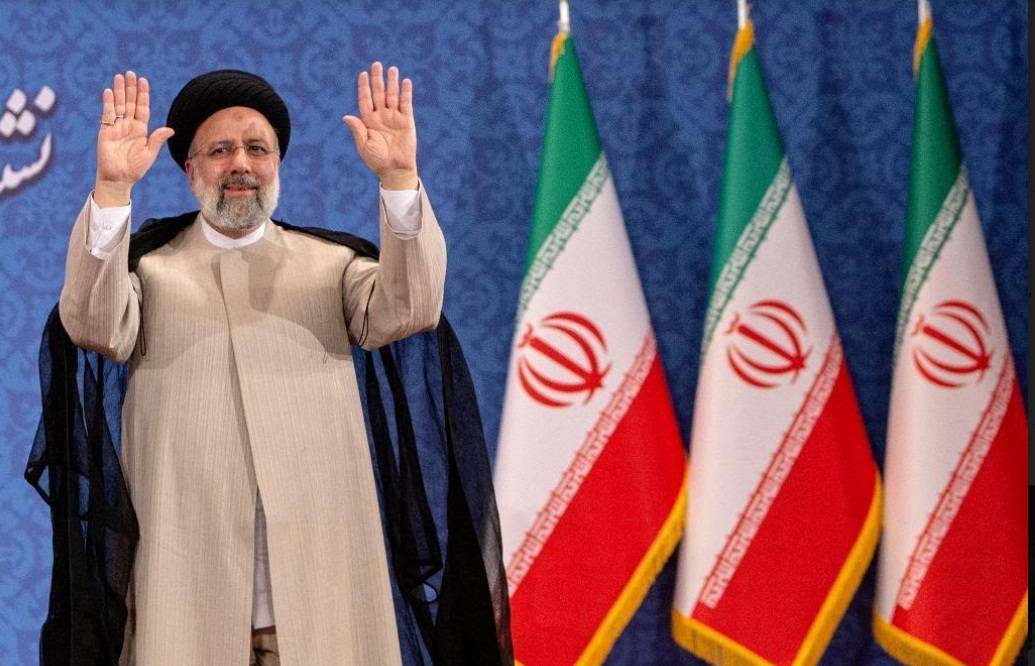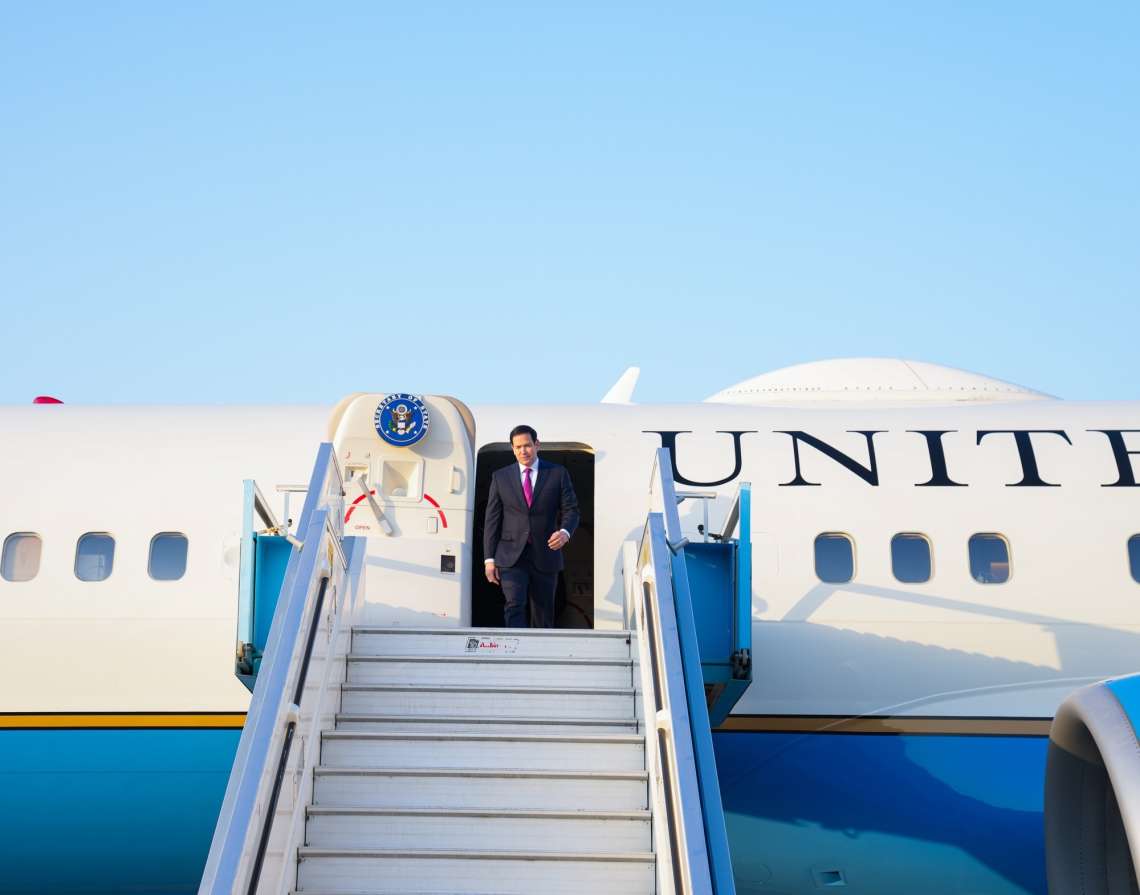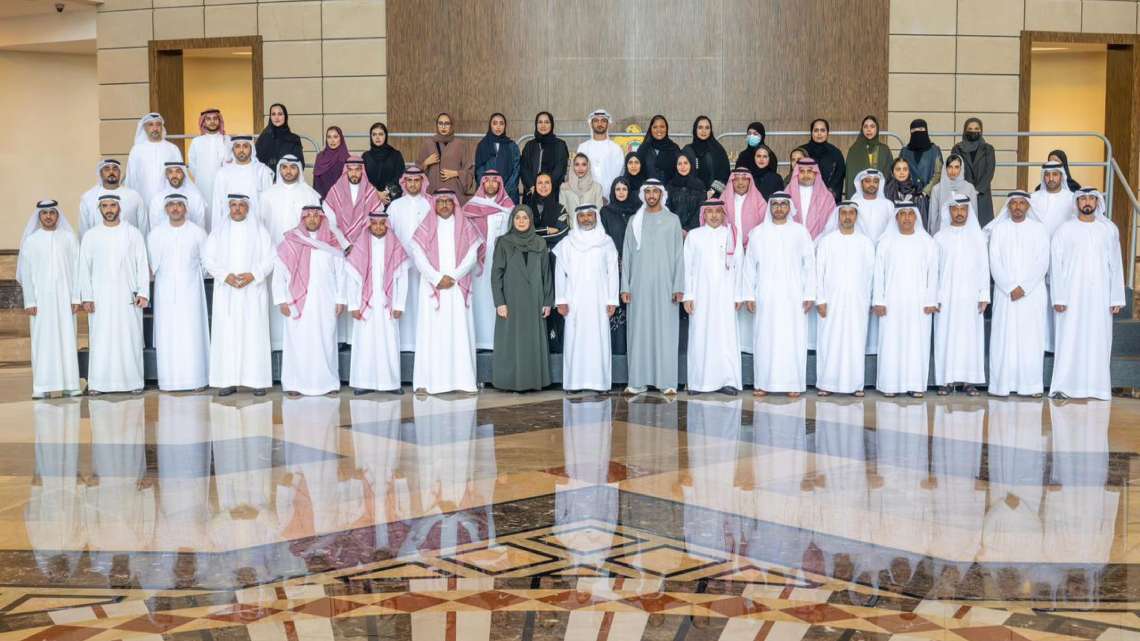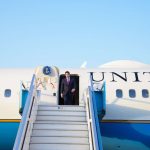Iran vows never to abandon “peaceful” nuke activities. Meanwhile, a leading figure said the United States has been “particularly belligerent” throughout its history due to its fixation on hegemony…reports Asian Lite News
Iran’s nuclear chief Mohammad Eslami said on Monday that Iran will never abandon “peaceful” nuclear activities in the country, Tasnim news agency reported.
Iran also pledged to “work diligently to advance value-creating (nuclear) programs” for Iranians, the chief of the Atomic Energy Organization of Iran (AEOI) was quoted by Tasnim as saying.
Speaking on the occasion of Nowruz, the Iranian New Year, Eslami said AEOI has made a comprehensive plan to apply new nuclear technologies to improving health, agricultural, industrial and environmental services.
ALSO READ: Iran’s supreme leader, President laud nationals for ‘resistance’ against US sanctions
“Our scientists must explore the frontier of knowledge and technology, which is exclusively controlled by superpowers which, with special care, do not allow any country to easily access all the capabilities of nuclear technology,” he noted.
American Hegemony
The United States has been “particularly belligerent” throughout its history due to its fixation on hegemony, an Iranian professor has said.
The country should answer the following questions at the International Court of Justice: “Why does Washington wantonly invade other countries and kill innocent people in other countries? How can such a country pressure other countries on the pretext of human rights?” said Hamed Vafaei, director of the Asia Research Center at the University of Tehran.
While blasting other countries’ human rights and their international roles, the United States itself has waged numerous wars around the world that have undermined security and stability in those related areas, the latest example being the war in Afghanistan, Vafaei said.
“The United States has inflicted a highly negative influence on Afghanistan’s past, present and future,” and has to answer the following three major questions regarding its role in Afghanistan:
Firstly, the volume of opium production and trade in Afghanistan increased significantly, instead of decreasing, during U.S. military presence there, while related sectors such as local airports, borders management and even the army were mainly controlled by the U.S. forces.
So, the professor said, the first question the United States should answer is: Why did the drug trade in Afghanistan continue to climb rather than decline during its occupation?
Secondly, while stationed in Afghanistan, the U.S. military killed a large number of innocent civilians and even employed drones to mistakenly attack weddings and other gatherings. Yet, the White House has always kept underplaying the tragedies.
So, Vafaei said, the second question America needs to answer is: How can it get away with killing so many innocent people?
Furthermore, “the irresponsible and hasty withdrawal of U.S. troops from Afghanistan has led to the deterioration of regional security and Afghanistan’s neighboring countries have been turned into victims,” he said.
So, he argued, the third question Washington needs to answer is: How can it accuse other countries of threatening regional peace and international security?
ALSO READ: US Senate hearing for Biden’s history making pick begins
Vafaei said that the belligerent United States, driven by its motive to maintain its hegemony, has become “one of the greatest threats to world peace.”
The slogan “America First” has fully demonstrated the perception of the U.S. government, he said, noting that once the interests of other countries conflict with those of the United States, the United States will not hesitate to protect its own interests at the cost of others’, which has been proved by what the United States has done in Iraq, Afghanistan and other places around the world.
Vafaei said such a unilateralist approach, with which the United States is obsessed, has reminded more countries of the significance of multilateralism.
“Hopefully, real multilateralism will become a reality in the near future,” he added.












